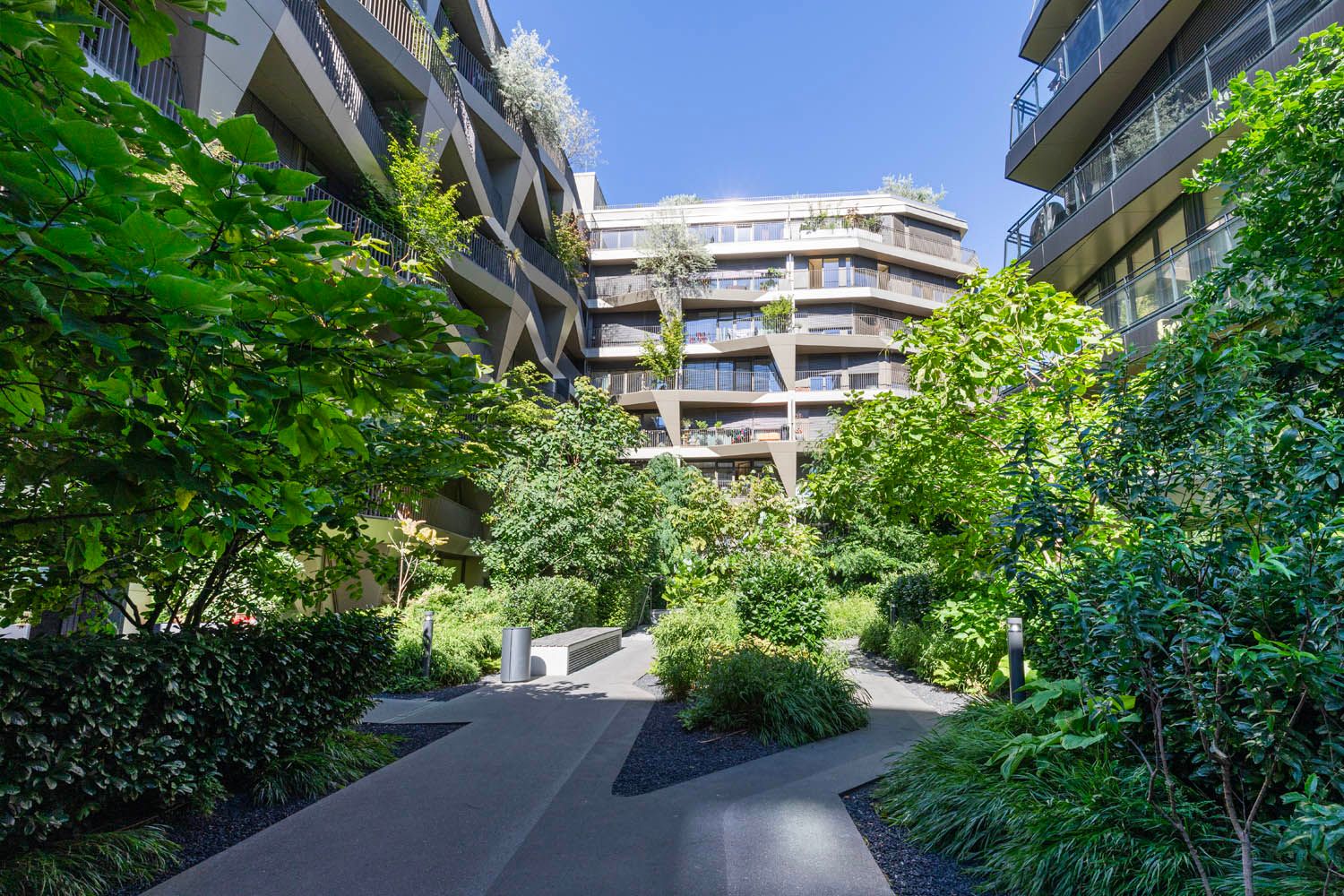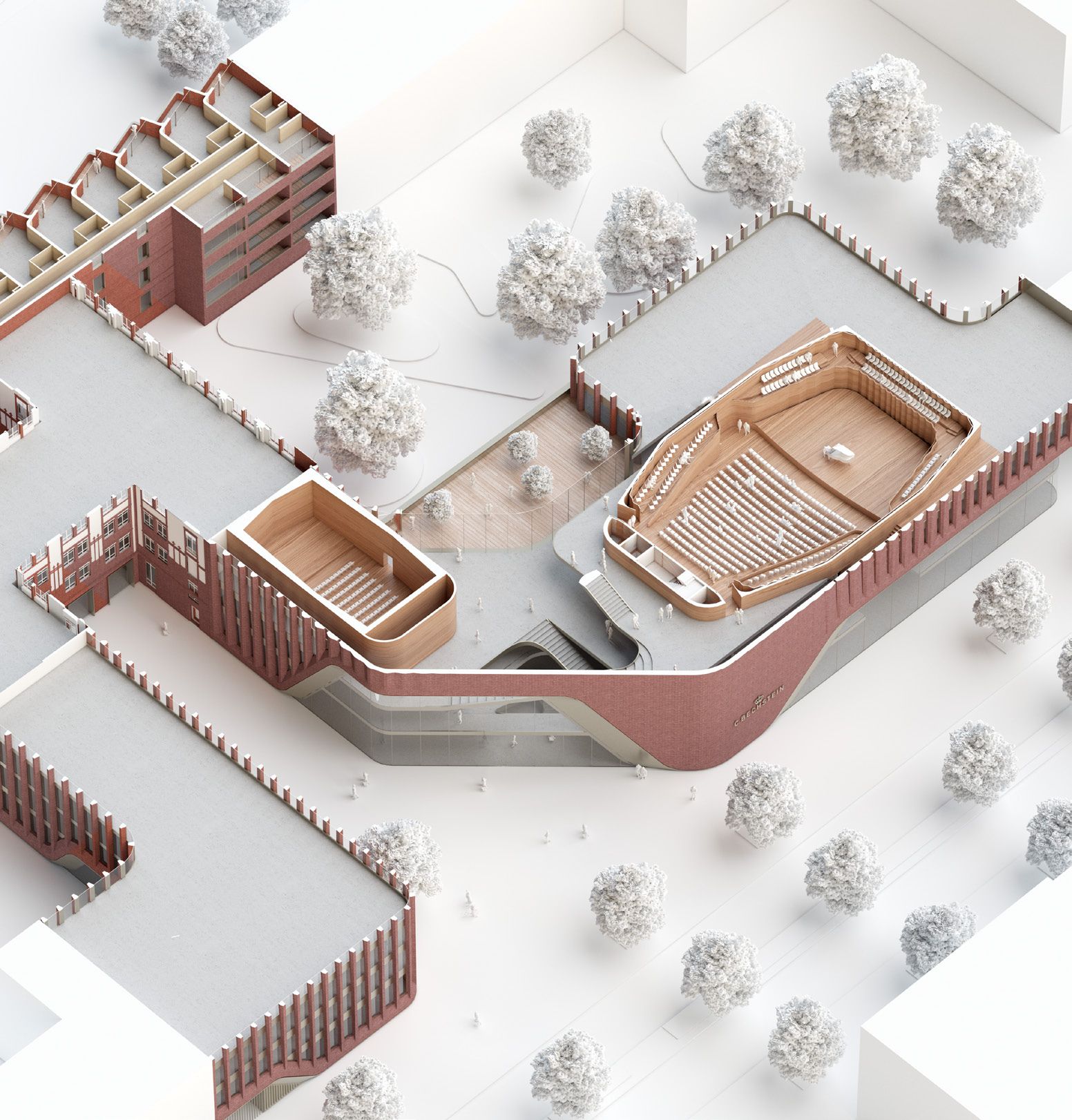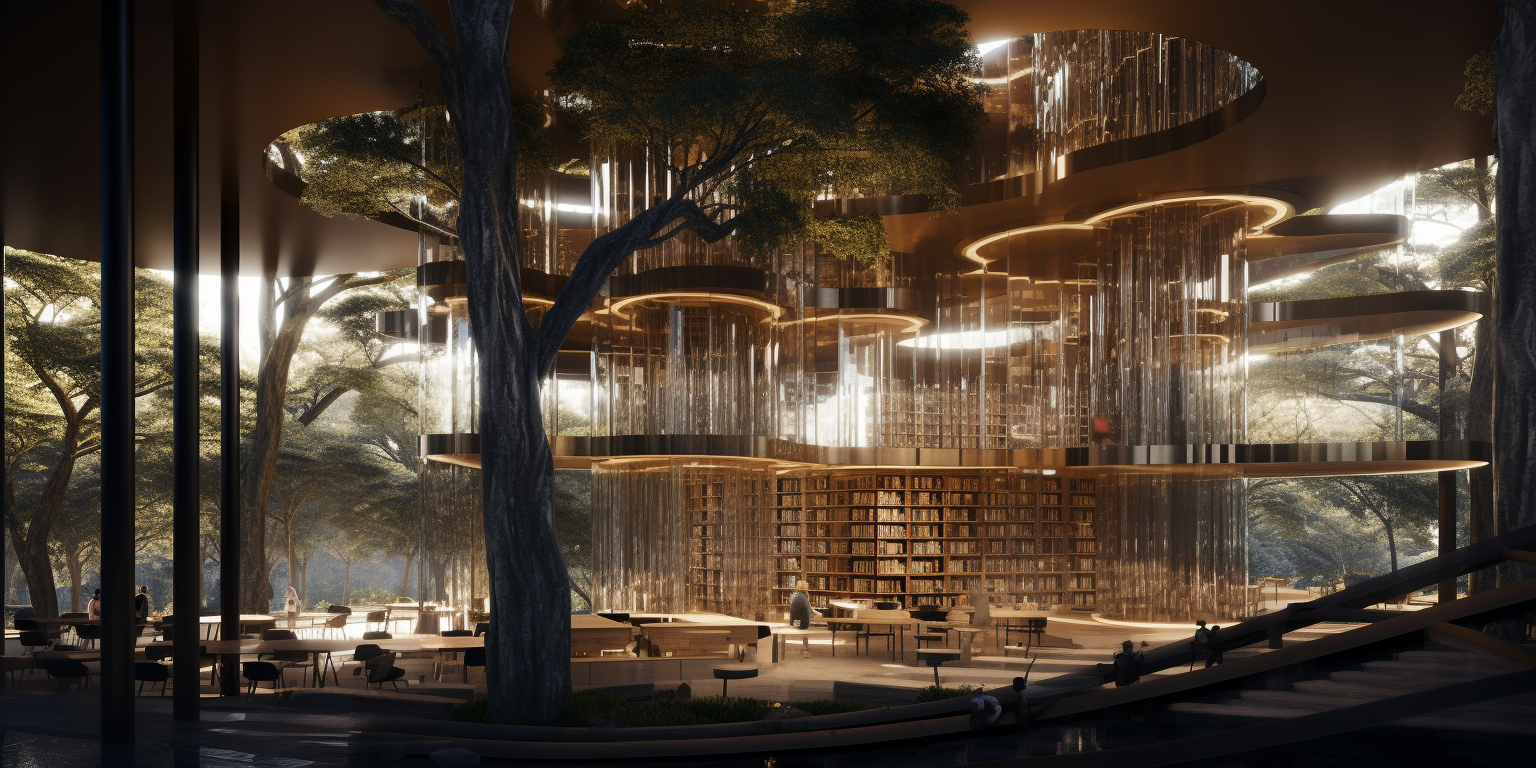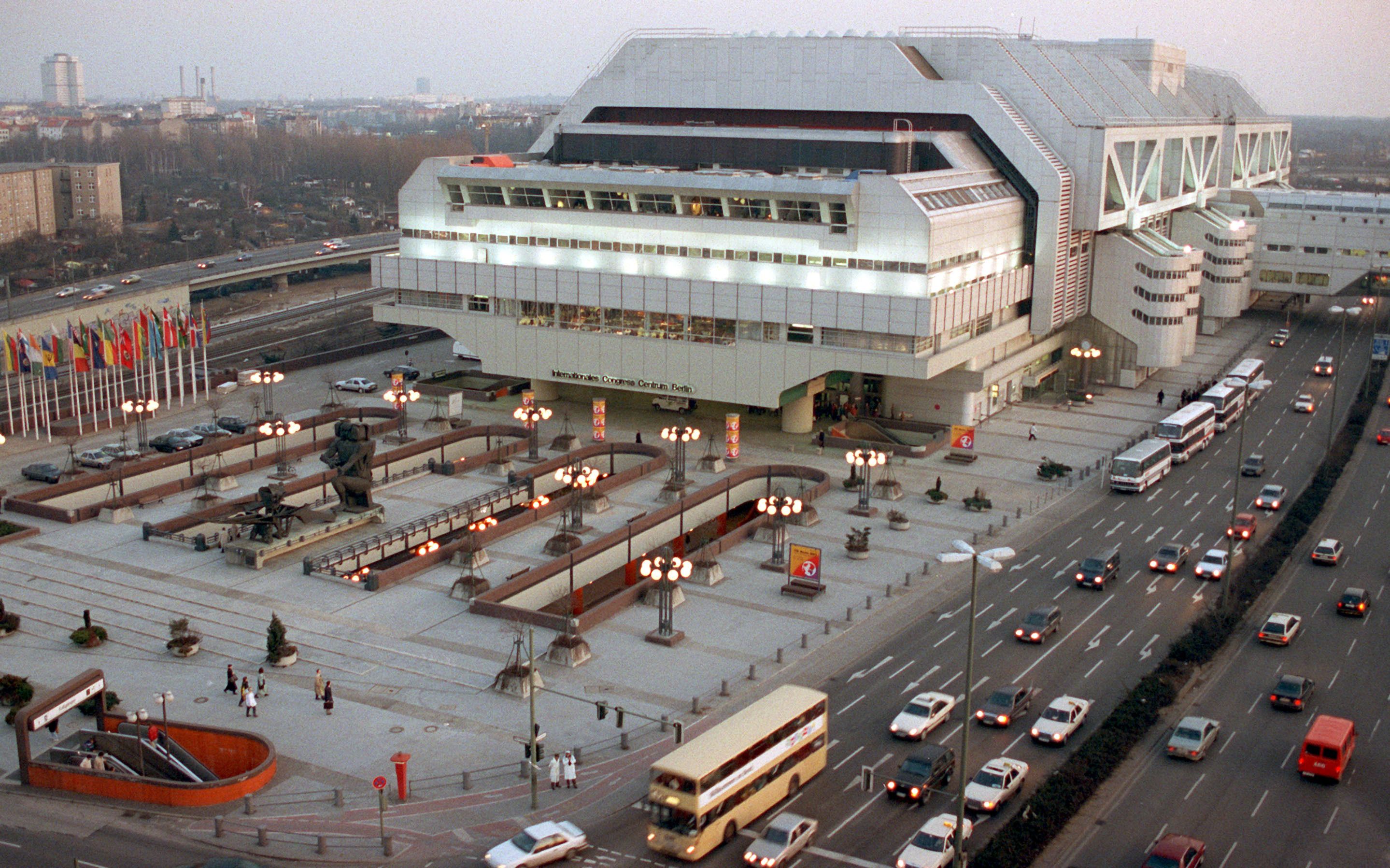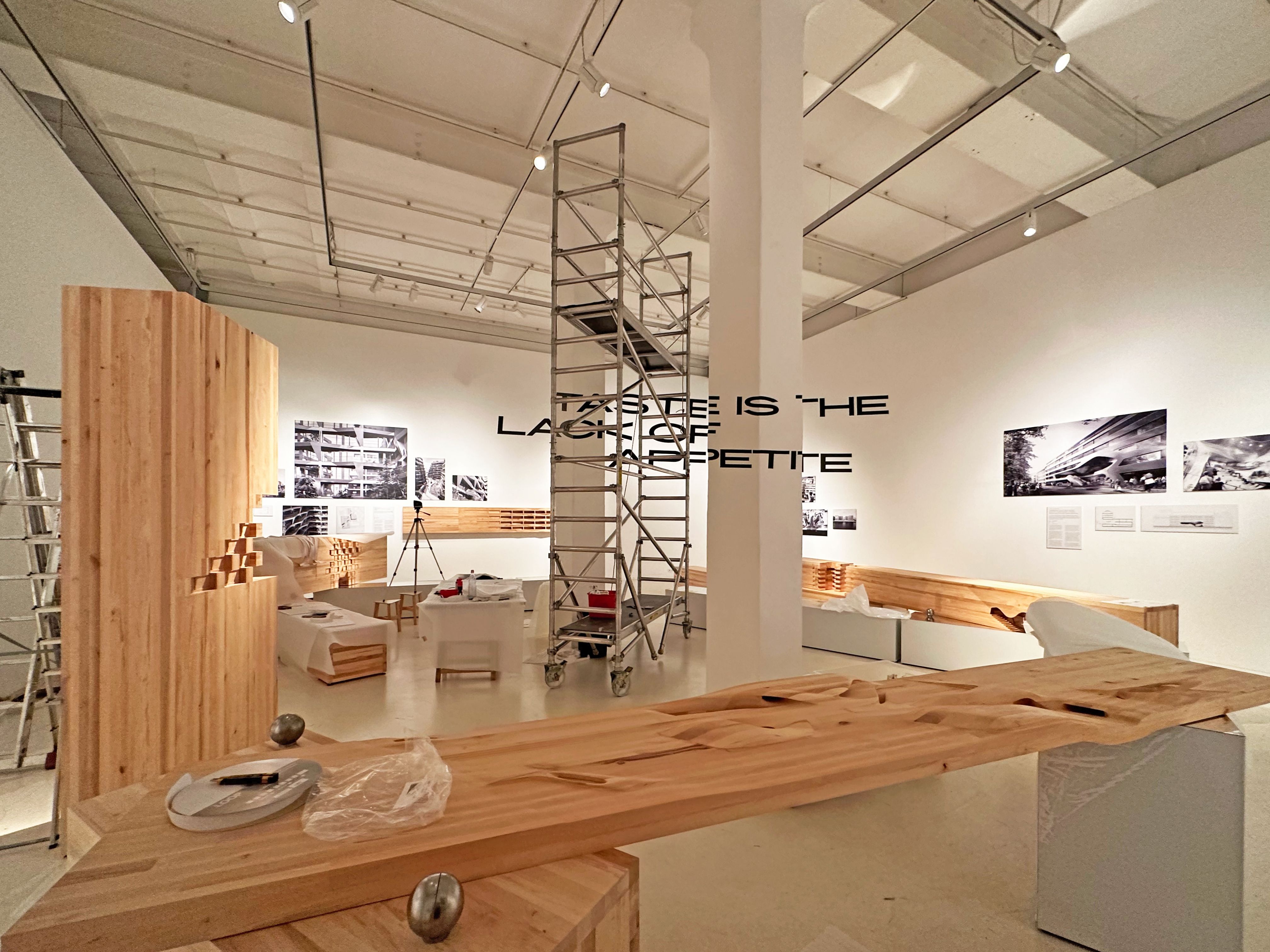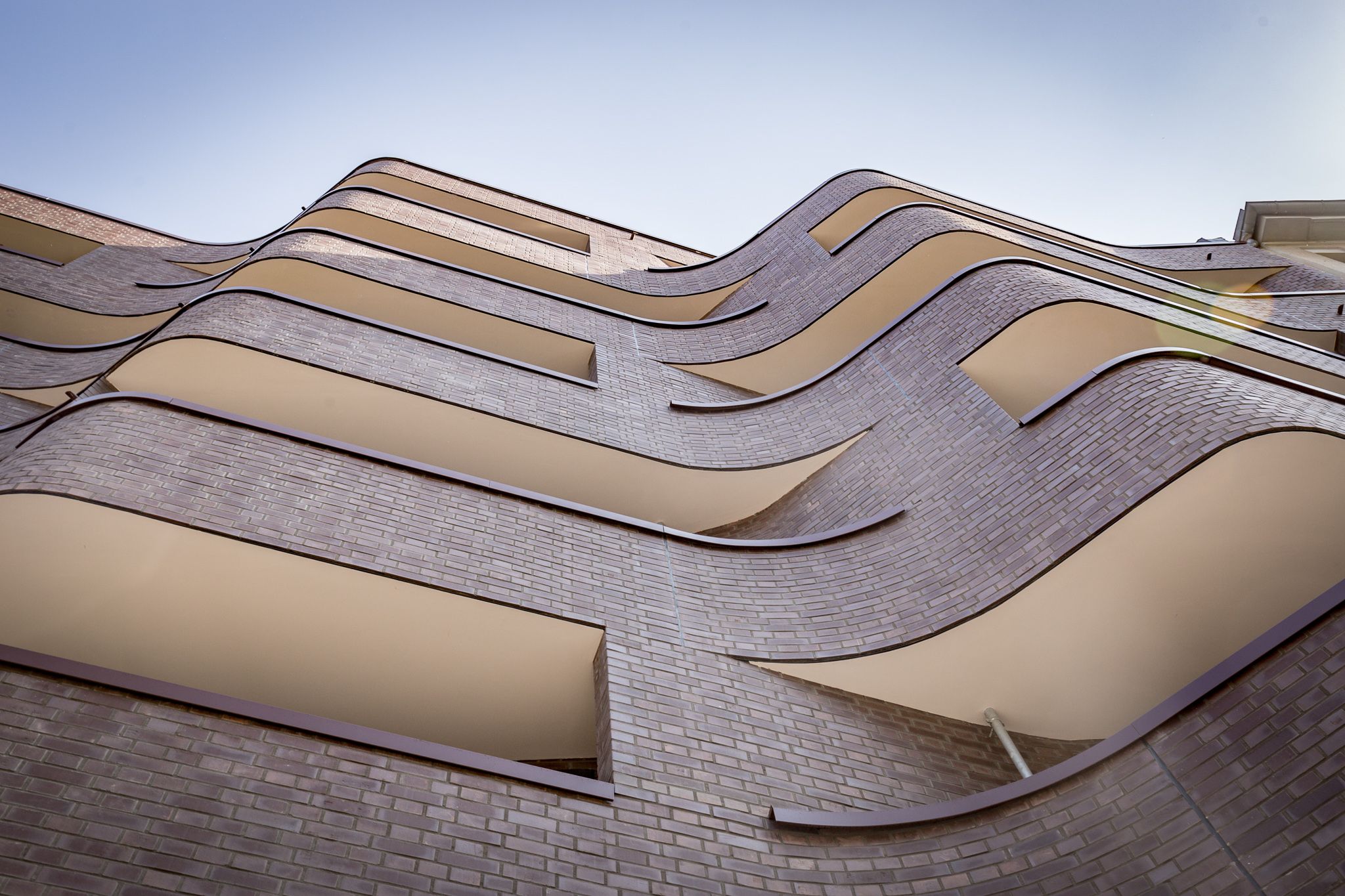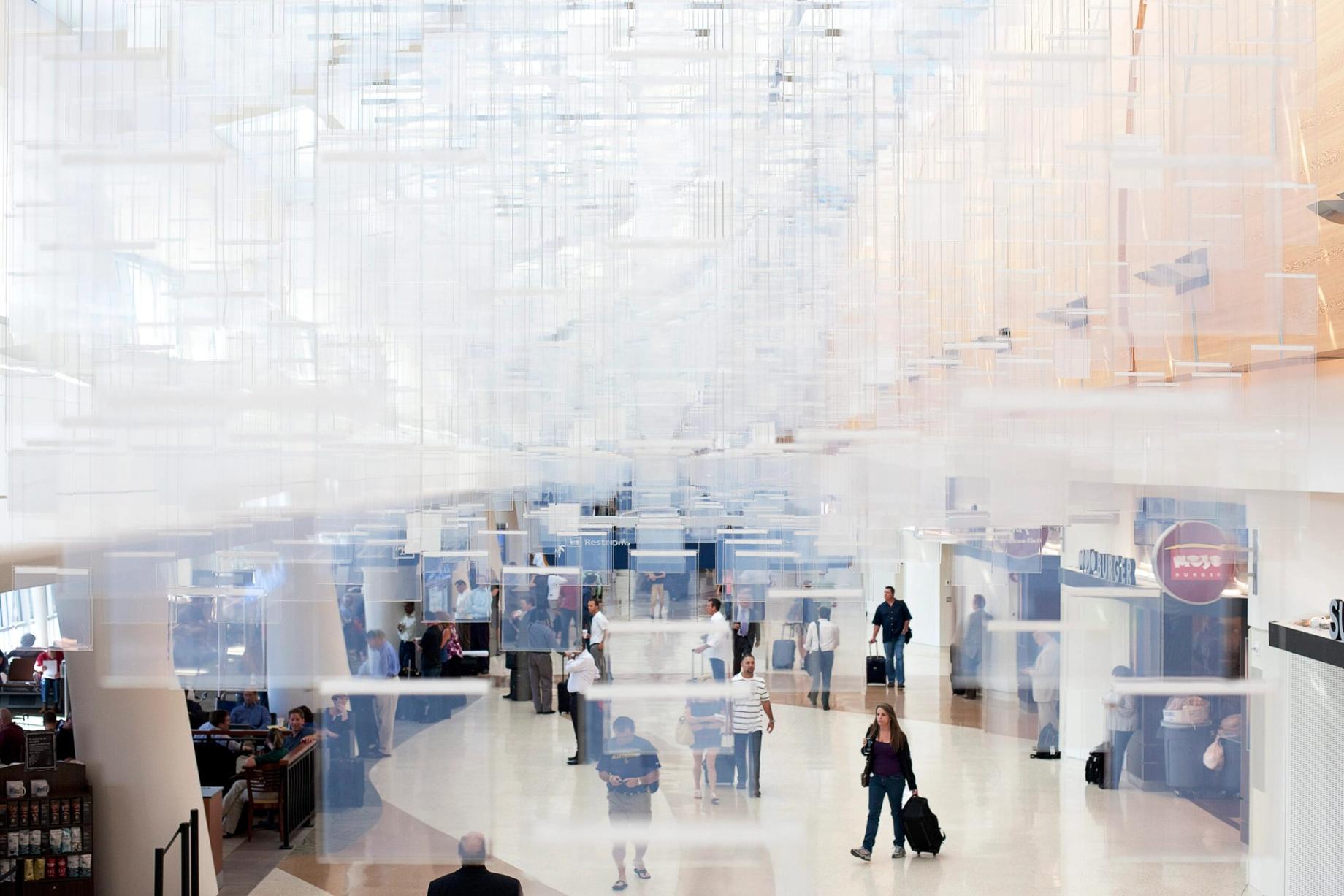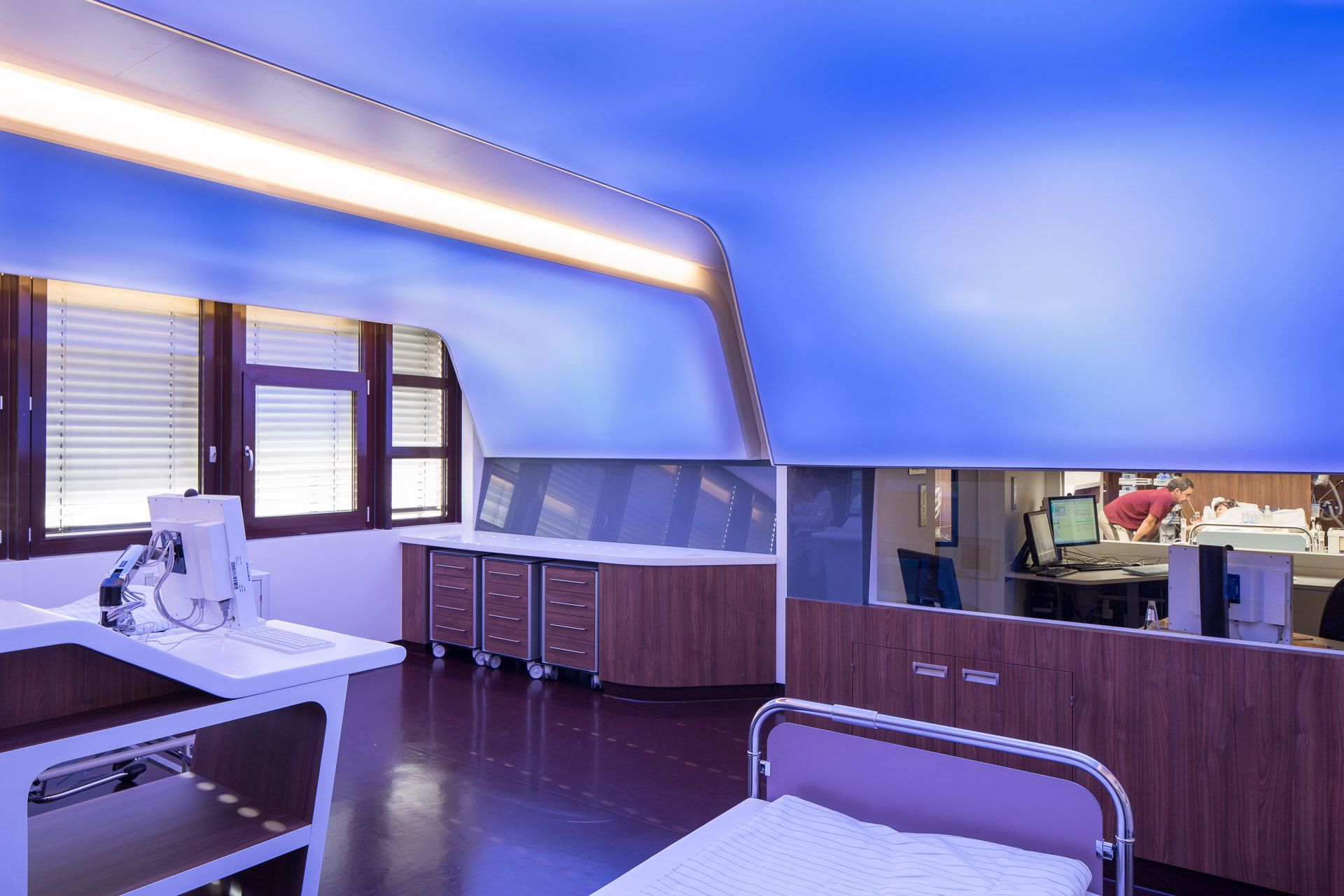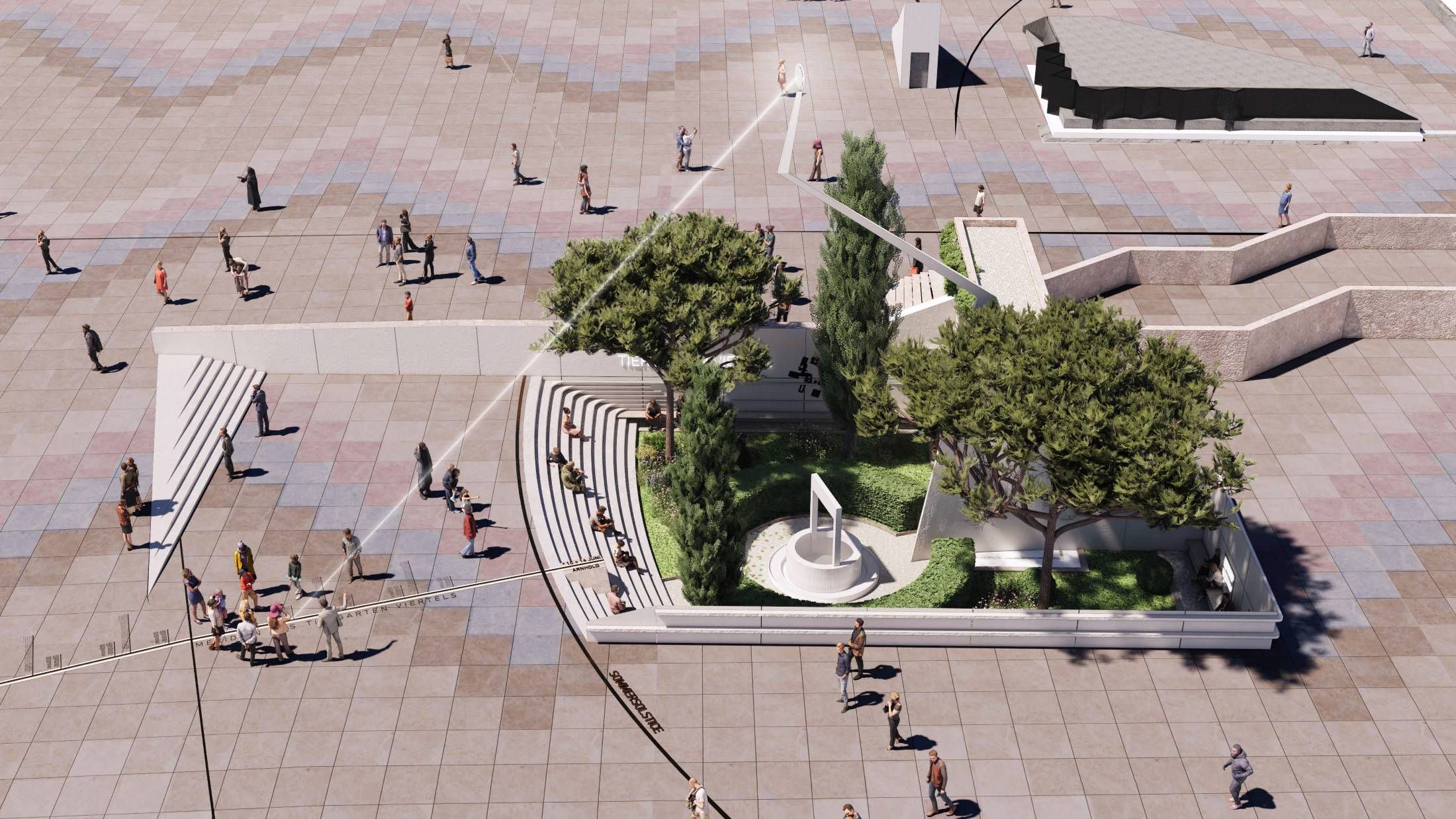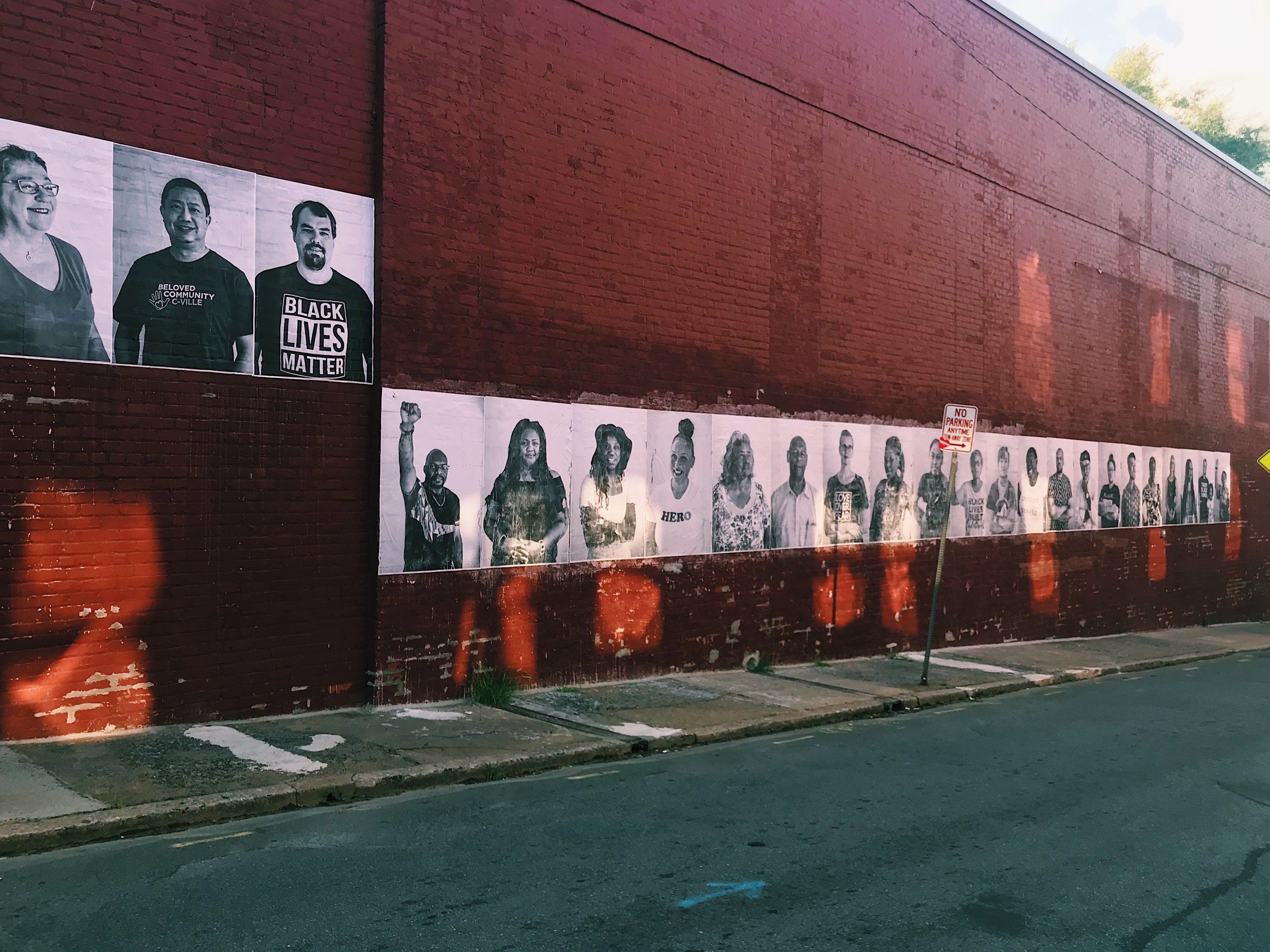Four walls and a roof to live under – living space is the fundamental task of architecture. But how do we shape the future of this building task? What developments influence the structure of neighborhoods? What will the cities of the future feel like? For the anniversary edition celebrating 80 years of the Berliner Tagesspiegel, GRAFT explored the future of living in an essay.
Essay by Lars Krückeberg, Wolfram Putz, Thomas Willemeit
6 MIN Read
Since its founding as a studio for architecture, urban planning, design, music and the pursuit of happiness, music has been an integral part of GRAFT’s company culture. Music, as a universal language, brings people together and spans national and cultural boundaries. The artistic expression represented by the interplay of multiple musical parts transcends individual perspectives. Consequently, the transformation of polyphony into harmony can be seen as a goal of music. From the early music-making days of GRAFT’s founders through architectural metaphors drawing on set design, scenography and performance to the ‘architectural jam sessions’ that have been part of the company’s design process since the very beginning, creating the winning entry for the Carl Bechstein Campus in Berlin brings this world of reference full circle.
Essay by Lars Krückeberg, Wolfram Putz, Thomas Willemeit
8 MIN Read
Artificial intelligence and architecture: From externalized imagination to physical implementation, AI technology will change daily working habits in the architectural world. What can this innovation, which is currently challenging human understanding, draw from the wealth of experience of architects, strategists, and designers? Which potentials can be reimagined – and how? GRAFT presents an insight into the core issues of AI and extrapolates how they will influence the creative process in the foreseeable future.
Interview by Lars Krückeberg, Wolfram Putz, Thomas Willemeit + Prof. Nikolaus Hafermaas + Prof. Dr. Matias del Campo, University of Michigan
11 MIN Read
